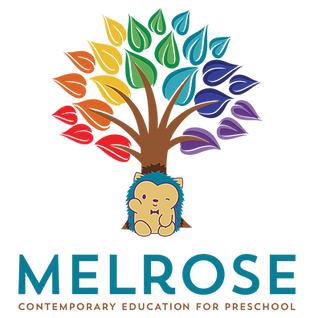The Reggio Emilia Philosophy
The Reggio Emilia inspired approach is an inspiring method for early childhood education which values the child as strong, capable, and resilient - rich with wonder and knowledge. Every child brings with them deep curiosity and potential - and this innate curiosity drives their interest to understand their world and their place within it.
The Hundred Languages of Children
Probably the most well-known aspect of the Reggio Emilia inspired approach is the Hundred Languages of Children. This belief states that children use many many different ways to show their understanding and express their thoughts and creativity.
A Hundred Different Ways of thinking, discovering & learning
Through drawing and sculpting, through dance and movement, through painting and imagination play, through modeling and music... each one of these Hundred Languages must be valued and nurtured. These "languages" or ways of learning are all a part of the child. Learning and play are not separated. When children are encouraged to use all their senses through hands-on discovery, they bloom.
The Adult is a mentor and guide
Our role as adults is to observe (our) children, listen to their questions and their stories, find what interests them, and then support them with opportunities to explore and learn. In this innovative, child-led approach, projects emerge based on children's interests to encourage deeper learning and engagement.
An emphasis on documenting children's thoughts
Our role as adults is to observe (our) children, listen to their questions and their stories, find what interests them, and then support them with opportunities to explore and learn. In this innovative, child-led approach, projects emerge based on children's interests to encourage deeper learning and engagement.
From the North American Reggio Emilia Alliance:
What is the Reggio Emilia Approcah?
Founded by the visionary teacher and humanitarian, Loris Malaguzzi, the Reggio Emilia approach refers to the philosophy of early childhood education that originated in Reggio Emilia, Italy following the of World War II. This unique approach to education begins with a particular and strong image of children, of adults, of education, and of life, and flows from a set of guiding principles. Reggio Emilia, is a town still thriving today, more than 50 years since the first gestures of rebuilding and advancing were made.
REGGIO EMILIA GUIDING PRINCIPLES:
We hold a strong optimistic image of the child who is born with many resources and extraordinary potentials
The 100 languages are a metaphor for the extraordinary potentials of children
Participation values and fosters dialogue and the sense of belonging to a community
The flow of quality information via documentation introduces parents to a quality of knowing that tangibly changes expectations




